The short answer is, yes! Let me provide an explanation, without going too far into detail.
When somebody falls asleep, they typically have what we call a "transitional event". That is a respiratory event which happens when somebody transitions from wake to sleep. This transitional event is usually a central apnea. Transitional events can even happen when somebody transitions from one sleep stage to another sleep stage.
People with untreated obstructive sleep apnea tend to have a high central apnea count. This is because they are transitioning from wake to sleep much more often than a normal person. This is because of the obstructive apneas and hypopneas fragmenting their sleep. So, with all the obstructive apneas, hypopneas, waking up and falling asleep, there will be more central apneas than usual. Once a person receives xPAP treatment, the central apneas usually subside to more acceptable levels. However, there are some instances when central apneas persist.
From observations in the sleep center concerning xPAP titrations and central apneas, I've found central apneas can be related to mask discomfort and leakage. Sometimes a person can't tolerate a certain mask the entire night. This can be from a few reasons ranging from a poor fit to the mask irritating his/her skin. Also, mask leaks can disturb a patients sleep. In general, being uncomfortable with the xPAP mask can fragment your sleep. This sleep fragmentation will result in transitional central apneas as the person transitions from wake to sleep during those troublesome times. Even though this discussion is about "normal" central apneas, there are times when it is not.
Make no mistake, central apneas can be serious too. Central apneas can be attributed to Congestive Heart Failure, COPD, and the list goes on.
As always, your comments and questions are always welcome. When you are in the market for anything from sleep studies to xPAP equipment, it pays to do research. The internet is a great place to start! Have a look around.
Tuesday, June 15, 2010
Subscribe to:
Post Comments (Atom)
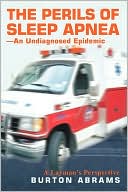
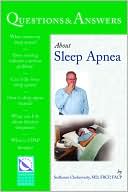


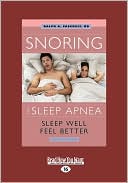

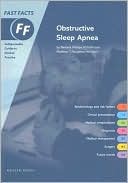

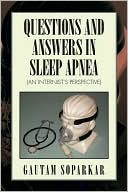
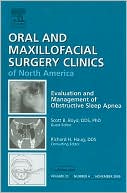
What is an acceptable central rate? Is the below 5 an acceptable rate, or should it be below 1?
ReplyDeleteIt depends on the individual, but an index of less than 5 is considered acceptable unless there is an underlying problem for instance Congestive Heart Failure.
ReplyDeleteBy the way, thanks for the effort you put into this blog. It will help many folks searching for answers. I might suggest the following post in CPAPtalk.com as a list of links to articles and studies about central sleep apnea:
ReplyDeletehttp://www.cpaptalk.com/viewtopic.php?p=457566
If you experience central apneas as you fall asleep (a common issue), as the poster notes, it is perfectly normal - if it does not severely disrupt sleep! The following article describes this in much more detail:
Ventilation is unstable during drowsiness before sleep onset
http://jap.physiology.org/cgi/reprint/99/5/2036
Thank you for you input, John. The more, the merrier when it comes to information relating to your health.
ReplyDeleteI've been doing exhaustive research on SA because I think I have it. My home sleep study is scheduled. In the meantime I've been unable to figure out why I have the SA-associated nocturia (2-3x/night), yet am amazingly free of day time symptoms--to the extent that I actually have exceptional levels of energy and stamina -- even on less than 7 hours of sleep. I decided to research CSA instead of OSA this evening, and realize that transitional apnea describes me to a tee. MY QUESTION TO YOU IS THIS: Is it possible for transitional apnea ONLY, to cause nocturia? I'm really hoping all I have is transitional rather than OSA. I also don't have any of the diseases that lead to CSA.
ReplyDelete